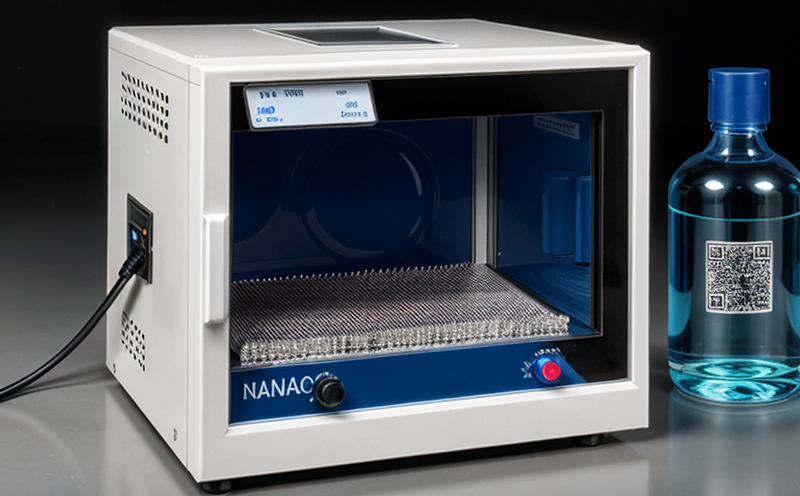ISO 21362 Nanomaterial Sample Preparation for Chemical Analysis
The ISO 21362 standard provides a comprehensive framework for preparing nanomaterial samples specifically designed to meet the requirements of chemical analysis. This service ensures that all sample preparation steps are meticulously followed, which is critical for obtaining accurate and reliable analytical results.
Nanomaterials present unique challenges due to their small size, high reactivity, and potential environmental impact. Proper sample preparation is essential because even minor deviations can lead to significant errors in the analysis. This service ensures that all steps are carried out with precision, using industry-standard protocols and best practices.
The first step in this process involves obtaining a representative sample of the nanomaterial. This requires careful consideration of how the material behaves under different conditions, as its properties can change significantly depending on environmental factors such as humidity or temperature. Once the initial sample is obtained, it must be stabilized to prevent any degradation during further processing.
Another crucial aspect of this service is understanding the physical and chemical properties of nanomaterials that could affect the analysis results. For instance, some nanomaterials exhibit strong agglomeration tendencies which can alter their behavior in different media. Therefore, dispersing agents may be used to maintain a uniform distribution within the sample.
Following dispersion, careful drying techniques are employed based on the nature of the material and intended analysis method. Drying can cause shrinkage or oxidation if not managed properly; hence specialized methods such as freeze-drying might be required for certain samples.
The final stage involves cutting or grinding the sample into particles suitable for further processing. Depending on the analytical technique planned, particle size distribution needs to be controlled carefully. For instance, laser scattering techniques require very fine particles while scanning electron microscopy can tolerate larger sizes provided they are well dispersed.
Once prepared according to ISO 21362 guidelines, these samples undergo rigorous quality checks before being handed over for chemical analysis. Compliance with this standard ensures that all subsequent tests yield consistent and accurate results regardless of who performs them.
| Applied Standards |
|---|
| ISO 21362: Nanomaterials - Preparation of samples for chemical analysis |
Competitive Advantage and Market Impact
The demand for reliable nanotechnology is growing across various industries including electronics, medicine, energy production, and environmental science. By offering ISO 21362 compliant sample preparation services, we position ourselves at the forefront of this rapidly evolving field.
Our expertise in handling complex materials allows us to deliver high-quality samples that meet stringent regulatory requirements. This not only enhances our reputation but also provides significant competitive advantage by ensuring our clients can trust the integrity of their test data.
In terms of market impact, adhering strictly to ISO 21362 helps foster innovation and development within nanotechnology applications. As more companies seek to harness these advanced materials for new products and processes, accurate sample preparation becomes increasingly important. Our services support this trend by providing a stable foundation upon which further research and application can build.
Moreover, compliance with international standards like ISO 21362 demonstrates our commitment to excellence in nanotechnology analysis. This aligns well with global trends towards increased transparency and consistency in scientific measurements.





